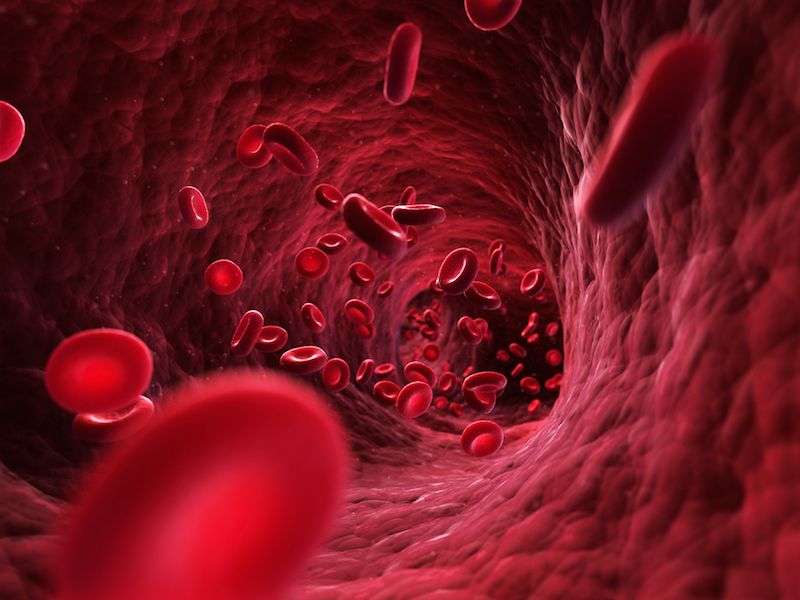Your blood makes up about seven percent of your body weight

Your Blood: A Vital Component of Your Body

The human body is a marvel of complexity, with various systems working in harmony to keep us alive and healthy. One such critical system is our cardiovascular system, which is responsible for circulating blood throughout the body. Blood, in turn, plays a crucial role in ensuring the proper functioning of our organs and tissues.
Did you know that your blood makes up about seven percent of your body weight? It may seem like a small percentage, but it holds incredible significance when it comes to sustaining life. In this article, we will explore the role of blood, its components, and its remarkable capabilities.
The Amount of Blood in Your Body

To understand the significance of blood, we need to grasp the amount of it coursing through our veins. The average adult has approximately 4.5 to 5.5 liters of blood – that’s about 9.5 to 11.5 pints! However, this amount can vary depending on factors such as age, sex, weight, and overall health. Generally, men tend to have more blood than women, given their larger body sizes.
Blood’s Role in the Body
Blood serves as a lifeline for our bodies, performing crucial tasks that allow us to function optimally. One of its primary functions is transportation. Blood carries oxygen and vital nutrients throughout the body, ensuring that each cell receives the nourishment it needs to survive. It also carries waste products, such as carbon dioxide, away from the cells and towards the organs responsible for elimination.
Moreover, blood plays a vital role in our immune system. It contains white blood cells that help fight off infections, bacteria, and other harmful invaders that may enter our bodies. These cells act as our body’s defense mechanism to keep us healthy and protected.
Understanding Blood Composition
Blood consists of several components, each playing a unique role. Plasma, which makes up about 55 percent of blood, is responsible for carrying nutrients, hormones, and waste throughout the body. The remaining 45 percent is composed of cellular elements, including red blood cells, white blood cells, and platelets.
Red blood cells, or erythrocytes, are the most abundant type of blood cell. Their primary function is to transport oxygen from the lungs to various tissues and organs. They contain a protein called hemoglobin, which binds to oxygen molecules and allows them to be carried through the bloodstream.
White blood cells, or leukocytes, are part of our immune system. They help protect the body against infections and diseases by identifying and destroying harmful substances. Unlike red blood cells, white blood cells have a nucleus and are fewer in number.
Platelets, on the other hand, are responsible for blood clotting. Whenever we get a cut or injury, platelets rush to the site to form a clot, preventing excessive bleeding and promoting wound healing.
Maintaining Blood Health
Given the critical role blood plays in our overall health, it is essential to maintain its vitality. A balanced diet rich in iron, vitamins, and minerals helps promote healthy blood cell production. Staying hydrated is also crucial, as it ensures that blood circulates efficiently throughout the body.
Regular exercise can improve blood circulation and strengthen the heart, while avoiding habits such as smoking and excessive alcohol consumption helps prevent blood-related complications. Additionally, routine check-ups and blood tests provide valuable insight into our overall health and allow early detection of any potential issues.
In conclusion, your blood is a remarkable component of your body, making up approximately seven percent of your total body weight. Through its transportation of oxygen, nutrients, and waste, blood ensures the proper functioning of our organs and tissues. By understanding the diverse components and maintaining optimal blood health, we can appreciate the vital role this fluid plays in sustaining our lives.
Source: Healthline
Share
Related Posts
Quick Links
Legal Stuff

